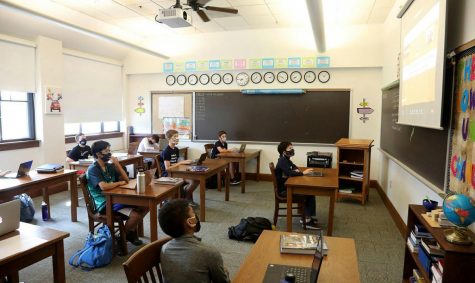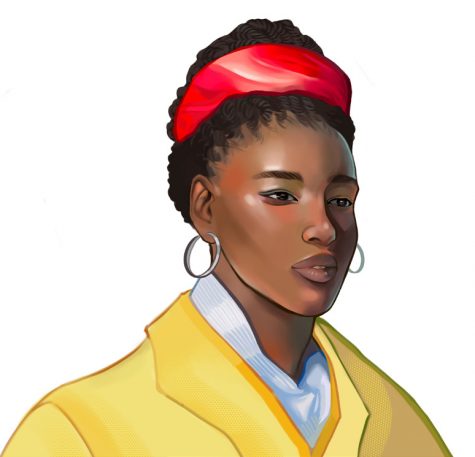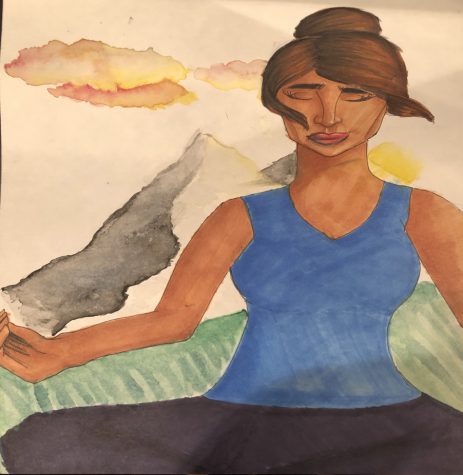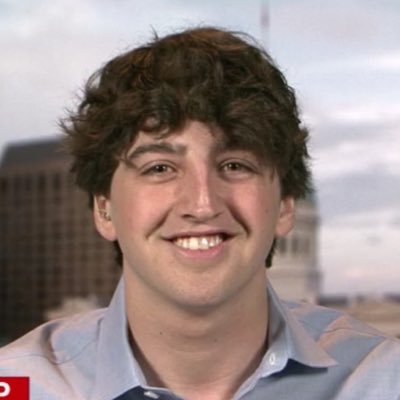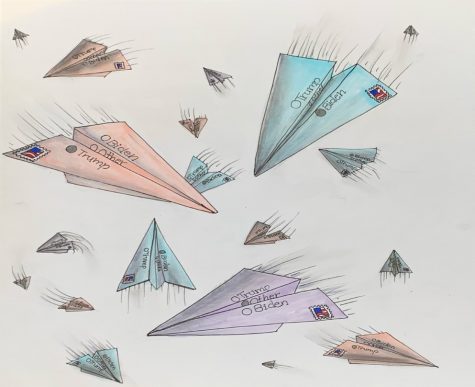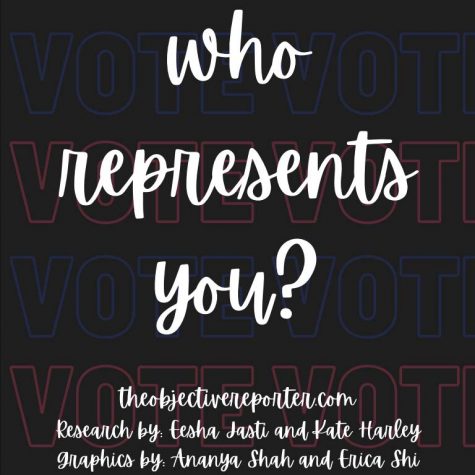Rage Flares in Wake of Stockley Verdict in Saint Louis
November 16, 2017
On December 20, 2011, Saint Louis Police Officer Jason Stockley shot and killed Anthony Lamar Smith after chasing him as a suspected drug dealer. On September 11, 2017, the officer was acquitted of first-degree murder charges. While the details of the case are relevant, the effects of the verdict on the Saint Louis area had a serious impact.
In the days following the verdict, protests erupted around the Saint Louis area, resulting in arrests, injuries, and property destruction. Much criticism has been levied at the protesters, as well as the police. Samantha Bernstein ‘19 believes that “the protests could’ve been handled more effectively by both sides.”
Nick Kime ‘18 agrees, adding that “the means by which many protested did not serve to help their cause, as they were essentially preaching to the choir by demonstrating in predominantly liberal areas already sympathetic to the Black Lives Matter movement.”
While it is true that many of the protests were undertaken in liberal areas, Natalie White of Lafayette High School argues that this was the proper course of action. She posits that “in Saint Louis, many of the most affluent communities are liberal-leaning, and, due to their social standing, have more political power, perhaps power to tweak the system, so they are in fact the proper audience to target.” She goes on, adding that “most of the areas involved in protests are majority-white communities. There’s a disconnect. They may not have a lot of friends directly affected by the verdict, but I have friends who fear for their lives when a cop sees them jaywalk. I see my friends being harassed and killed. Maybe if they’re exposed to that reality, they’ll be moved to take action.”
A second student from Lafayette, Tricia Denn chimed in, adding, “Most white people aren’t steeped in a culture that teaches them to be concerned for their safety in the presence of authority figures. They need to recognize the validity of that fear for African-Americans in Saint Louis.” When prodded about the value of protesting in liberal areas, she spoke, saying, “Even if they’re sympathetic to the cause, they may not be able to empathize with those at risk. They have to understand in order to truly help.”
The ripple effect of the verdict has re-opened old wounds. In August of 2014, Michael Brown was shot by Officer Darren Wilson, sparking protests in Ferguson, a suburb of Saint Louis. What followed was a rift between those who supported the officer’s actions, and those who didn’t. Moral equivocations for the killing rang out with cries that “Brown charged the officer, so Wilson’s actions were justified,” and, “Brown was a criminal. If he didn’t want to be shot, he shouldn’t have committed a crime.” In the Stockley case, many have used similar logic to justify the officer’s actions. Defense attorneys for Officer Stockley claimed that Anthony Smith was reaching for a gun, while prosecuting attorneys claim a gun was planted in his car to imply guilt. Saint Louisans sympathetic to Stockley have justified the killing by claiming that Stockley was in fear for his life.
Peter Murphy, a student of Ladue High School eschews this justification, saying that “violence was unnecessary,” and that “Officer Stockley should have been found guilty.”
Stockley was heard, moments before getting out of his car to approach Smith, saying, “I’m going to kill this this mother******, don’t you know it.” Some people use this to show that the shooting was premediated.
In light of these words, Natalie White urges Saint Louis mayor, Lyda Krewson, to re-evaluate the area’s policing tactics, saying that, “there is a systemic issue with the way we police, and it needs to be solved before we can move forward as a city.”
For now, protests rage on, as Saint Louis strives for resolution.
